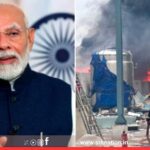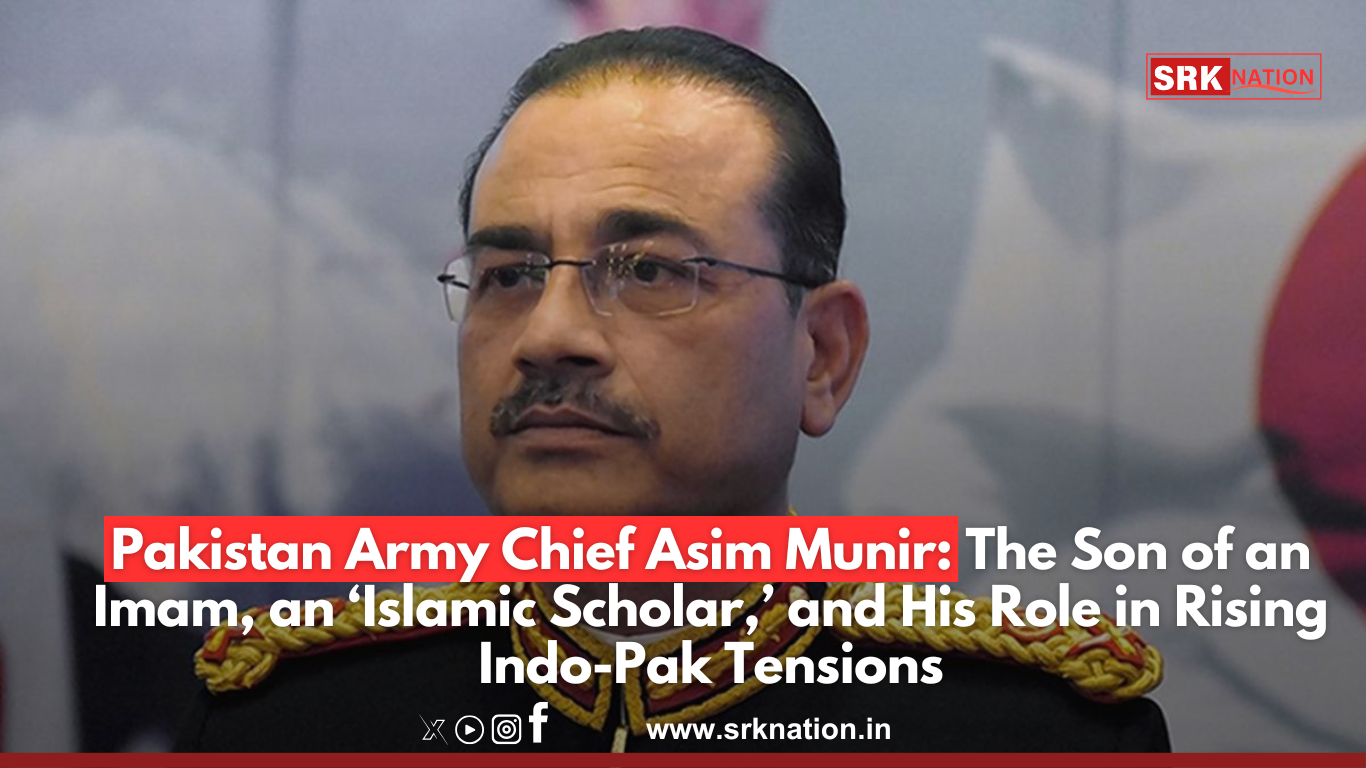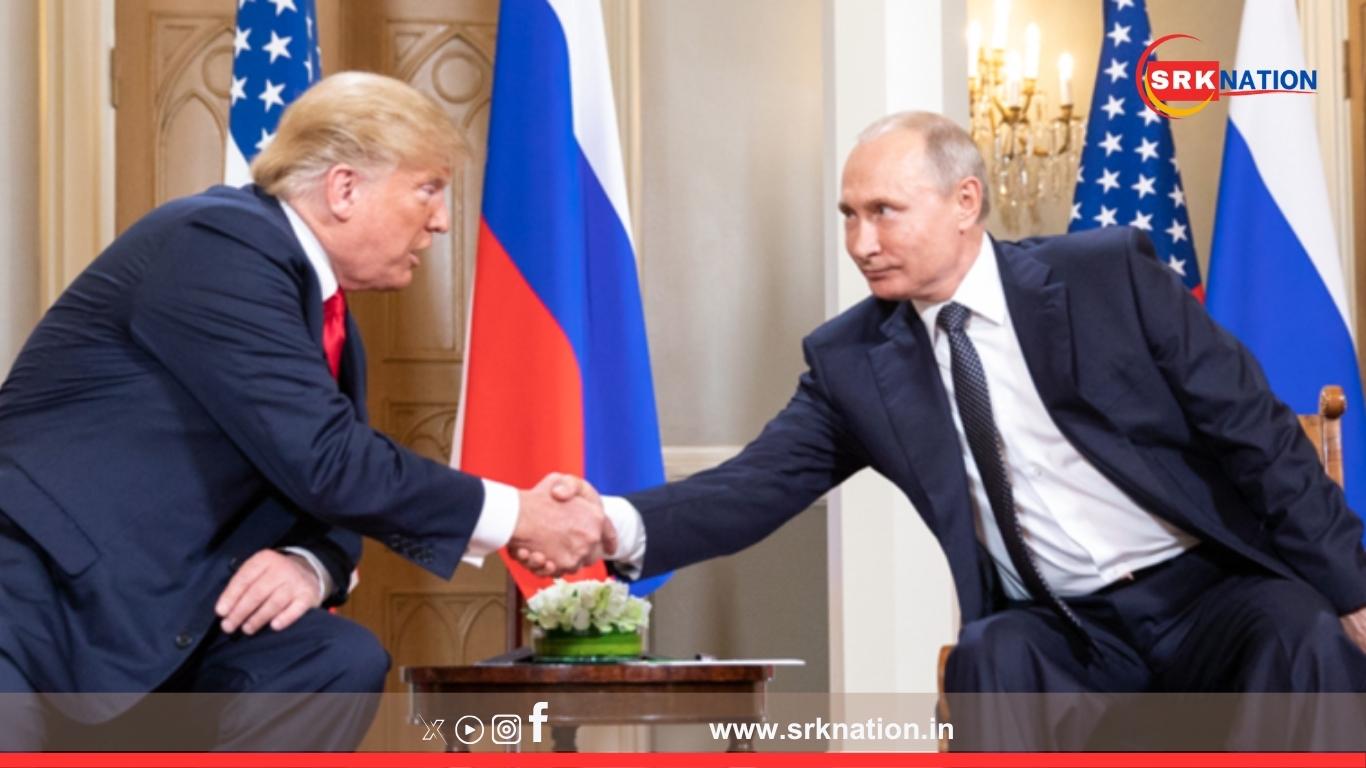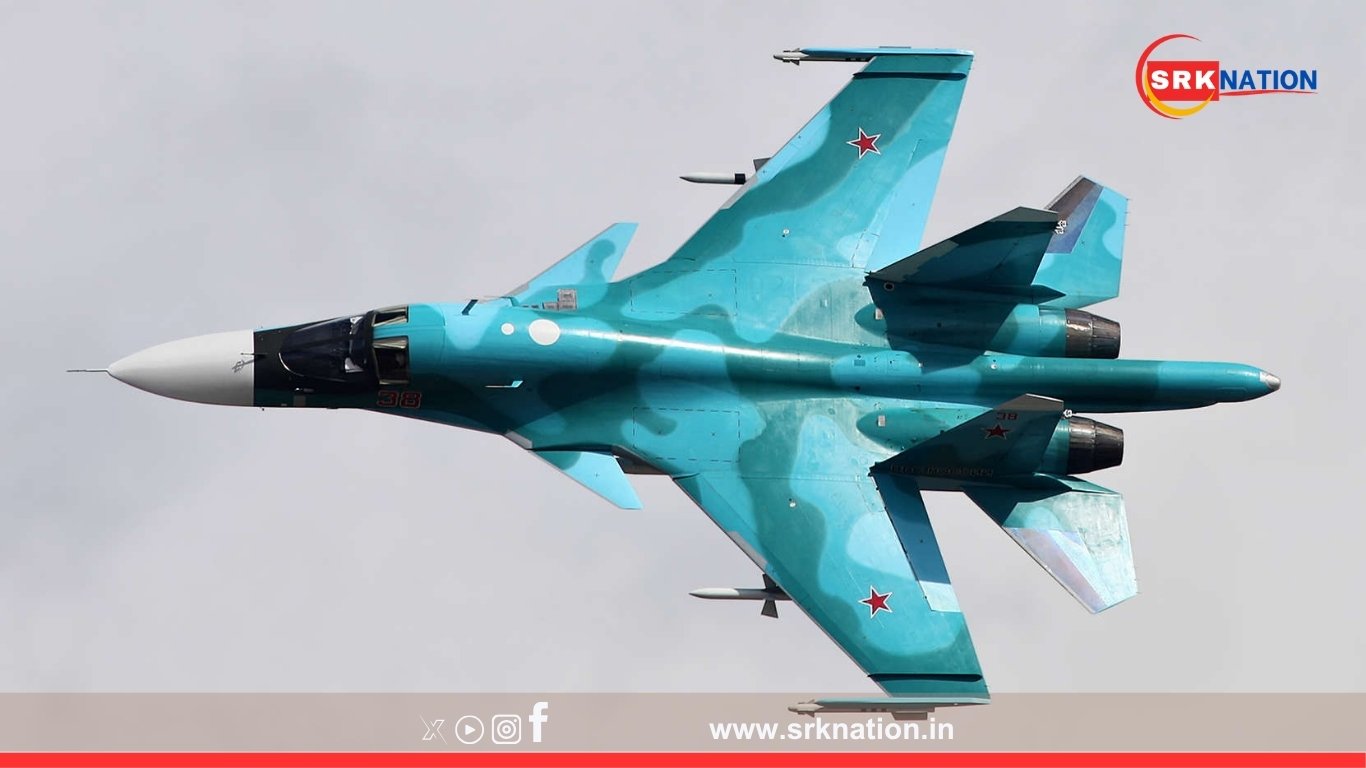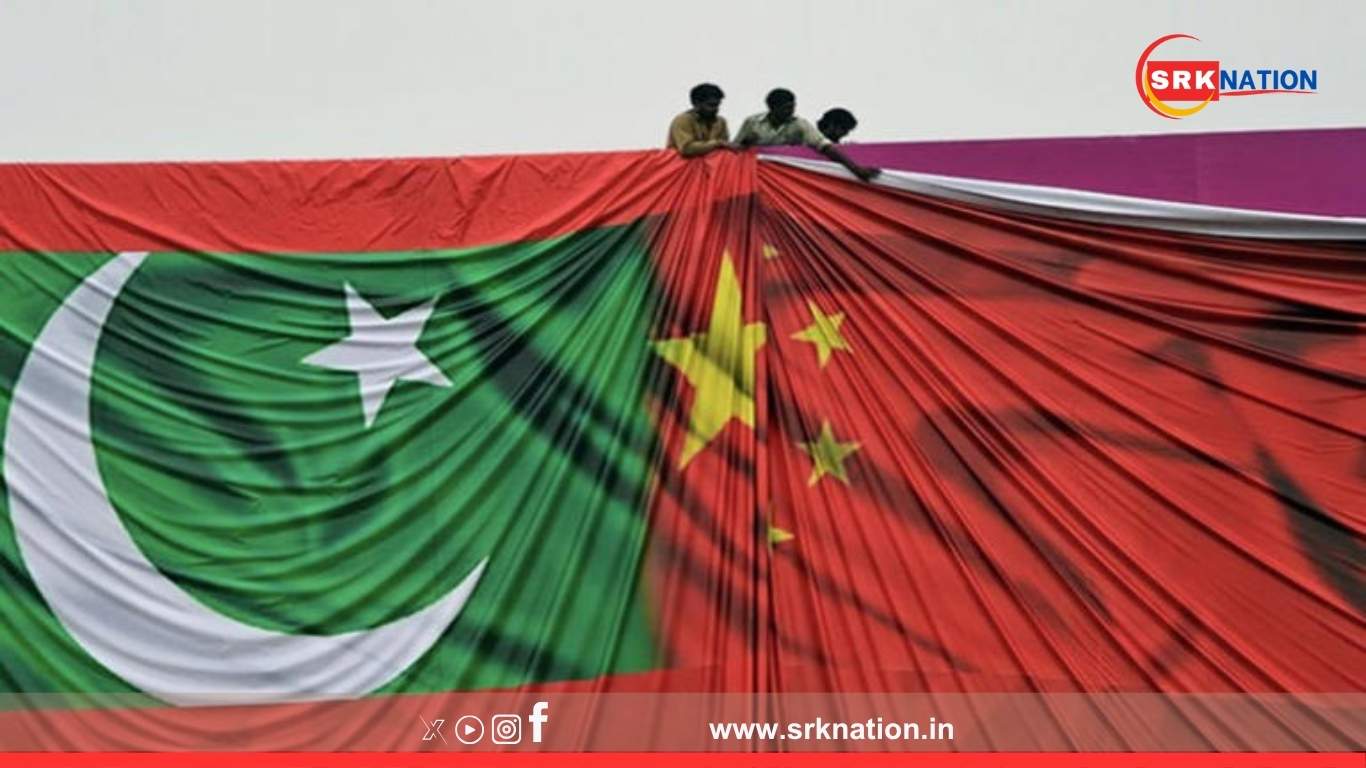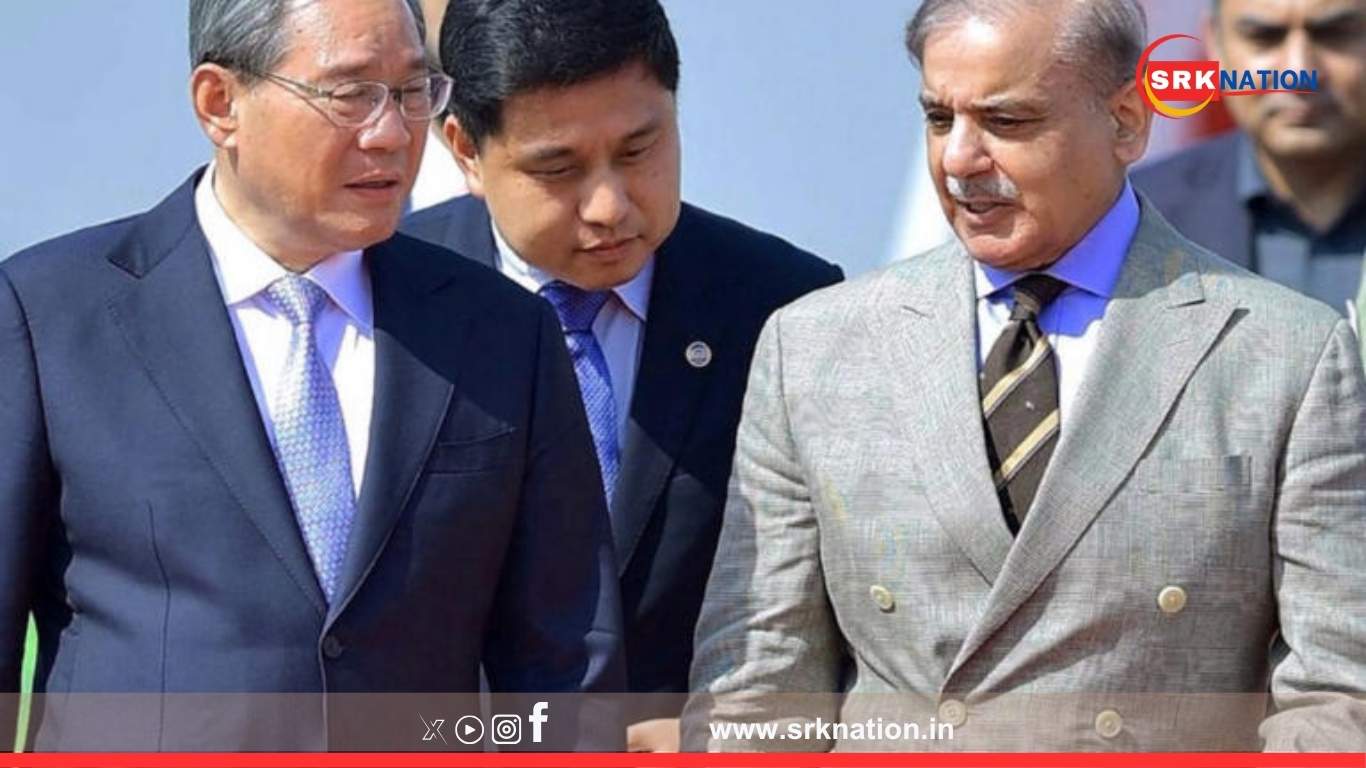General Asim Munir, Pakistan’s Army Chief, has emerged as a key figure in the country’s military and political landscape, with his leadership style and ideological stance drawing significant attention. Born to a school teacher and imam, Munir’s background sets him apart from his predecessors, many of whom hailed from military or bureaucratic families.
Early Life and Military Career
Munir was born in Rawalpindi, Pakistan, to Syed Sarwar Munir, a school principal and religious leader. His upbringing in a devout household shaped his worldview, and he is known to have memorized the Quran in its entirety, earning the title of Hafiz-e-Quran. His military career began in 1986, when he was commissioned into the 23rd Battalion of the Frontier Force Regiment after graduating from the Officers Training School (OTS) in Mangla.
Over the years, Munir held several key positions, including:
- Director-General of Military Intelligence (2016-2018)
- Director-General of Inter-Services Intelligence (ISI) (2018-2019)
- Commander of Pakistan’s Northern Areas
- Chief of Staff of ‘I Strike Corps’ Mangla, located in Pakistan-Occupied Kashmir.
Munir’s Ideological Position and Kashmir Rhetoric
Munir has frequently invoked Islamic principles in his speeches, reinforcing his image as a religious-nationalist leader. His recent remarks on Kashmir, describing it as Pakistan’s “jugular vein”, have intensified tensions with India. Analysts suggest that his two-nation theory rhetoric, emphasizing the ideological divide between Hindus and Muslims, has contributed to rising hostilities.
Potential Indo-Pak Conflict
Following the Pahalgam terror attack, which claimed 26 lives, India has taken diplomatic measures, including suspending the Indus Waters Treaty and imposing visa restrictions on Pakistani nationals. Munir’s leadership during this crisis has fueled speculation about Pakistan’s military posture, with concerns that escalating tensions could lead to a broader conflict.
Conclusion
Asim Munir’s tenure as Pakistan’s Army Chief continues to shape the country’s geopolitical stance. His religious-nationalist ideology, combined with his military experience, positions him as a formidable figure in South Asia’s evolving security dynamics. Whether his leadership will steer Pakistan toward diplomatic resolution or military confrontation remains a critical question.
Stay tuned for more updates on Pakistan’s military leadership and Indo-Pak relations.





